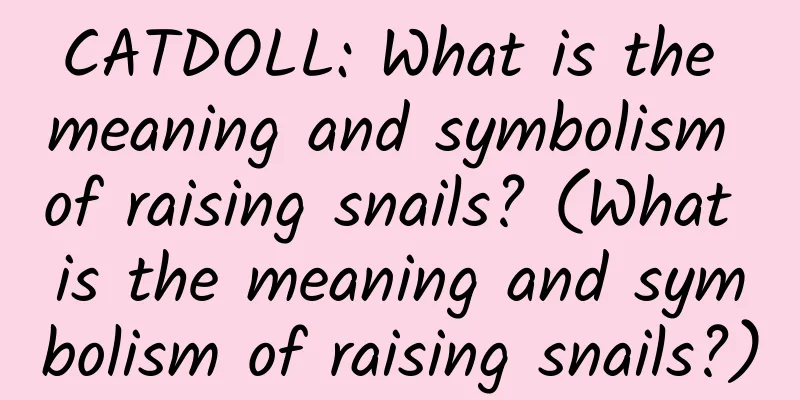CATDOLL : Does a cat's frequent use of the litter box necessarily mean it is constipated?

|
There are many reasons why your cat may frequently visit the litter box but not eliminate, including urinary tract infections, stone problems, constipation, and anxiety or behavioral issues. First, we need to consider your cat's health. If your cat frequently goes to the litter box but does not pee or poop, it may be a sign of a urinary tract infection. Urinary tract infections are quite common in cats, especially older cats and intact male cats. Typical symptoms of infection include frequent urination, urgency, pain when urinating, and possibly blood in the urine. If your cat exhibits these symptoms, take him to the veterinarian as soon as possible for a urinalysis and necessary treatment. Secondly, urinary stones may also be one of the reasons why cats frequently visit the litter box. Stones can block the urethra, making it difficult or painful for cats to urinate. In this case, cats may try to urinate many times but fail. Treatment of stones usually includes surgical removal of stones, changes in diet to reduce the risk of stone formation, and increased water intake to help flush the urethra. In addition, constipation may also be the reason why cats go to the litter box frequently. Constipation can be caused by a variety of factors, including improper diet, lack of exercise, hairballs, and intestinal obstruction. Cats may go in and out of the litter box many times because of difficult or painful defecation. For the treatment of constipation, you can increase the cat's fiber intake, encourage exercise, comb the hair regularly to reduce the formation of hairballs, and use laxatives under the guidance of a veterinarian. Finally, we also need to consider the cat's behavioral and psychological problems. Some cats may show abnormal behavior due to anxiety, stress, or inability to adapt to the new environment. For example, a cat may go to the litter box frequently because it feels uneasy, as a way to relieve stress. In this case, we need to find out the cause of the cat's anxiety and take corresponding measures to help the cat return to a normal psychological state, such as providing a safe and comfortable environment, increasing interaction and play time with the cat, etc. |
<<: What’s going on when there are black lumps in the grooves of my cat’s nails?
>>: Why does my body itch after hugging a cat?
Recommend
CATDOLL: What's a better name for a beehive? (What's a better name for a beehive?)
1. Which is better, the Chinese bee national trea...
CATDOLL: Can cypermethrin be used to treat lobsters?
1. Can cypermethrin be used to treat lobsters? He...
CATDOLL: What are the basic conditions for shrimp farming ponds?
Freshwater shrimps are benthic animals that live,...
CATDOLL: What are the differences between centipedes and scorpions in traditional Chinese medicine?
1. What are the differences between centipedes an...
CATDOLL: How to avoid ants and cockroaches in beehives?
1. How to avoid ants and cockroaches in beehives?...
CATDOLL: The difference between wild and farmed yellow croaker, why is wild yellow croaker expensive
Different fish heads: The head of wild yellow cro...
CATDOLL: How to deal with the problem of black and thin weaned pigs? The solution is revealed!
introduction In the process of pig farming, weani...
CATDOLL: Treatment and prevention of pig sniffles
What is swine flu? Swine rhinitis, also known as ...
CATDOLL:How to raise silkworms?
When raising silkworms, you need to sprinkle a li...
CATDOLL: How to identify a high-quality sow
The importance of sows Sows play a vital role in ...
CATDOLL: What is the difference between a soft-shell turtle and a tortoise?
In biology, there is indeed a difference between ...
CATDOLL: What are the water quality requirements for raising African three-lake cichlids?
What are the water quality requirements for raisi...
CATDOLL: How to sell pigs in the pig farm game
In the Pig Farm game, pigs are one of our most im...
CATDOLL: Ants return to nature (how do ants behave after returning to nature)
1. Do ants return to their previous homes after t...
CATDOLL: [Tutorial] How to download and install the popular game "Popular Pig"
Steps and methods to download Popular Pig: Popula...









